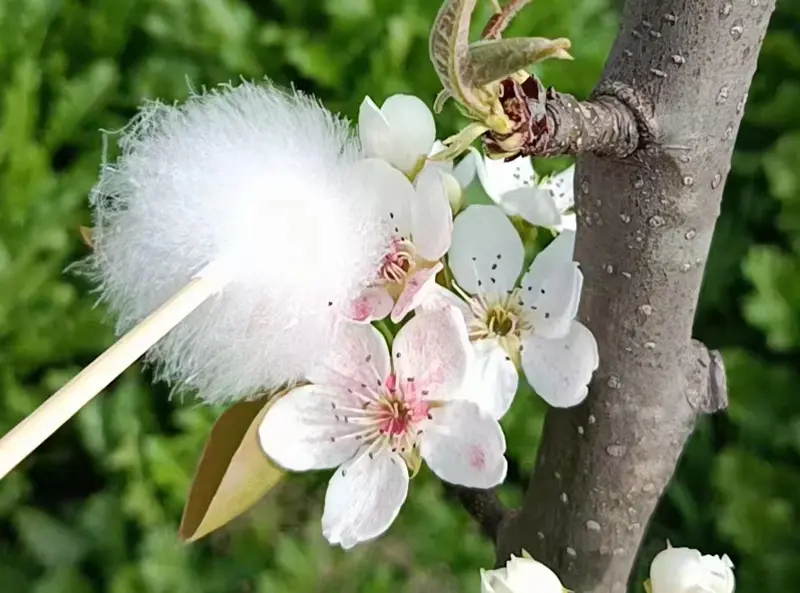Aug . 09, 2024 05:45 Back to list
Innovative Approaches to Protecting Fruit Crops in China with Bagging Techniques
The Importance of Fruit Bagging in China Ensuring Quality and Sustainability
In recent years, the practice of fruit bagging has gained significant attention in China, emerging as a crucial technique in modern fruit production. The process involves covering developing fruits with specially designed bags to protect them from pests, diseases, and environmental factors, ultimately enhancing their quality and marketability. This method not only promotes better fruit yields but also aligns with the growing demand for sustainable agricultural practices.
The Importance of Fruit Bagging in China Ensuring Quality and Sustainability
The benefits of fruit bagging extend beyond pest control. By protecting fruits from external elements, such as rain or hail, bagging can significantly reduce the incidence of bruising and physical damage. This not only results in a higher marketable yield but also improves the overall appearance of the fruit, which is vital in attracting consumers. As the global market becomes increasingly competitive, the ability to produce aesthetically pleasing and high-quality fruit is paramount for Chinese farmers.
china fruit bagging

Moreover, bagging can lead to improved flavor profiles. Fruits that develop under bags often experience less stress and are better protected from diseases, allowing them to fully mature and develop their natural sugars. For instance, bagged apples tend to have a sweeter taste and a crisper texture, qualities that consumers are willing to pay a premium for. This enhanced flavor, combined with the visual appeal of unblemished fruit, positions Chinese agricultural products favorably in international markets.
Sustainability is another significant factor driving the adoption of fruit bagging in China. With increasing awareness of environmental issues, there is a collective push towards more sustainable agricultural practices. By reducing the reliance on chemical pesticides and fertilizers, fruit bagging not only minimizes chemical residues on produce but also protects beneficial insects and promotes biodiversity within agricultural ecosystems. Farmers using this method contribute to a more sustainable food system, which resonates well with environmentally conscious consumers.
Despite its advantages, there are challenges associated with fruit bagging that must be addressed. The labor intensity of the process can pose difficulties, particularly for smaller farms with limited resources. Additionally, the cost of the bags, although generally low, can accumulate and impact the overall production budget. To combat these challenges, education and training programs can help farmers understand the long-term benefits of fruit bagging and how to effectively implement it within their operations.
In conclusion, fruit bagging is a vital practice in Chinese agriculture, offering numerous benefits that enhance fruit quality and sustainability. As consumers increasingly seek high-quality, environmentally friendly products, the demand for bagged fruits is likely to grow. By investing in this technique, Chinese farmers can improve their market competitiveness while also contributing to a more sustainable agricultural future. As the industry continues to evolve, fruit bagging will undoubtedly play a crucial role in shaping the future of fruit production in China.
-
Pollen Peach Tree for Pure Pollination and High-Quality Peach Pollen
NewsJul.30,2025
-
Premium Cherry Pollen for Pure Pollination & Different Types
NewsJul.30,2025
-
Artificial Pollination Solutions for Various Plant Pollen Types
NewsJul.29,2025
-
Artificial Pollination Solutions for All Plant Pollen Types
NewsJul.29,2025
-
Premium Plant Pollen for Pure Pollination & Pollen Block Solutions
NewsJul.29,2025
-
Artificial Pollination Solutions for Efficient Crop Yields
NewsJul.28,2025